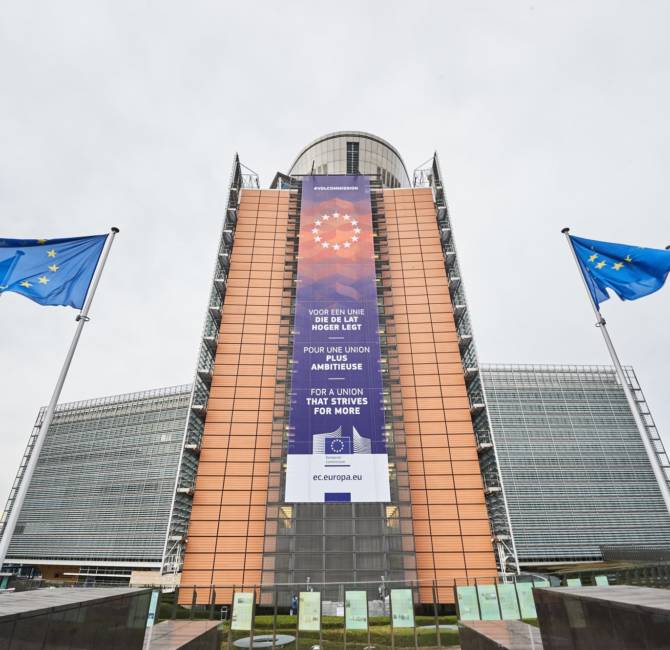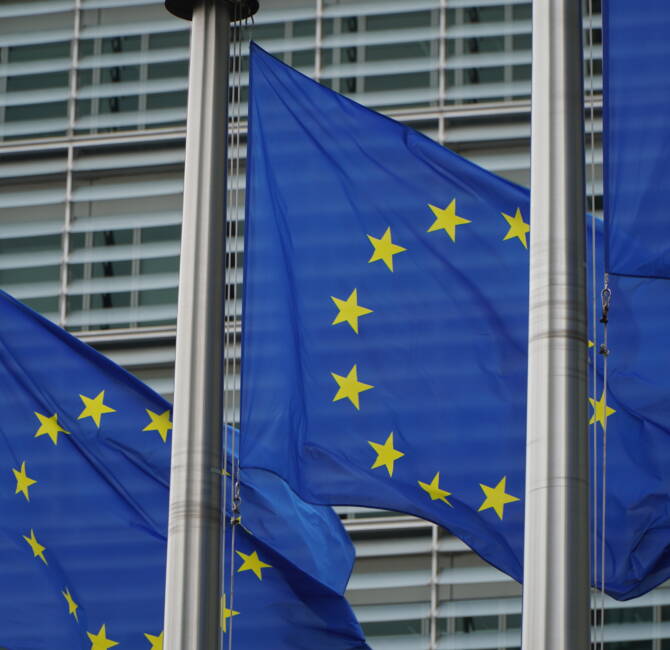By Olivier Bault.
Poland – “You know the friends of Madame Le Pen, her allies: these are the regimes of misters Orbán, Kaczyński, Putin. These are not open and free democracies. Many freedoms are violated every day and, by this, so are our principles. (Extract from Emmanuel Macron’s speech of May 1). Which freedoms exactly? We do not know, but this phrase made the headlines of all the Polish media this week.
The candidate of François Hollande and Manuel Valls in the French presidential elections had already been widely talked about on the banks of the Vistula the previous week with his promise to introduce sanctions against Poland within the first three months of his investiture, if he wins the second round of the vote. The sanctions are based on the relocation of Whirlpool – Ed. in Poland -, but would relate to alleged non-compliance by Poland with the EU’s “principles”: “Regarding the Whirlpool’s case, within three months after my election, a decision will be taken on Poland. I put my responsibility on the table on this subject,” declared the replacement candidate of the Socialists and now of the Left-Right in the Voix du Nord – Ed. Regional newspaper of Nothern France – on April 27 by mentioning the use of Article 7 of the EU Treaty which provides for the suspension of a country’s rights as a Member State.
Even before being elected, the candidate Emmanuel Macron has managed to quarrel with Poland and Hungary, the two leading countries in Central and Eastern Europe. His possible election to the presidency of the French Republic promises therefore complicated relations with the former Eastern Europe. As with Macron, there are deep disagreements between these countries and German Chancellor Angela Merkel, particularly on immigration issues, but she has never made such statements, and Germany’s relations with these countries remain good and compatible with the co-operation within the European Union, which is nonetheless the least when one wants to be “pro-European”.
If presided by Emmanuel Macron, things will be more difficult for France. Polish President Andrzej Duda made it very clear on May 3 in an interview with Polish television TVP: “Regarding the candidate Macron running for the French Presidency, given his statements, if he wins the presidential elections, he will have to start work on getting Poland back to trust him and France”. The Polish Foreign Ministry reacted to Emmanuel Macron’s speech on May 1 in an official statement: “We are following with interest the election campaign in France because of the importance of this country for the future of the EU. In this context, we regret to note that once again during this presidential campaign in France, an Allied country that belongs like Poland to NATO and the European Union, a candidate for the highest office uses inadmissible comparisons and intellectual shortcuts that mislead public opinion. […] The values and principles of free democracy are respected in Poland. Among the fundamental values that have been present in the Polish culture and tradition for several hundred years, there is respect and tolerance for those with different political views […]. We expect the future French President, whoever wins these elections, to carry out an in-depth analysis before making judgments on the policies of other States and to clarify any doubts in the context of bilateral contacts”.
Seen from Poland, a country that is largely in favor of the European Union, even if it does not share the federalist vision of Emmanuel Macron’s two-speed Europe, the candidate of the Left-Right now appears as a threat to the cohesion of the EU. From the point of view of the Polish interests there is no good choice on Sunday between Marine Le Pen who would withdraw France from the integrated command of the NATO and could trigger a Frexit and Emmanuel Macron who launches unprecedented attacks against two EU member states before even being elected.
Translated from French by the Visegrád Post.




